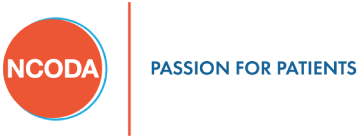In the dynamic field of oncology, ensuring equitable care is paramount. Equitable care means providing all patients with fair access to high-quality healthcare, regardless of their socioeconomic status, race, or geographical location. Achieving this ideal is challenging due to systemic barriers and disparities that persist in the healthcare system. The commitment to equitable care requires ongoing effort across the entire medically integrated team (MIT). This mission demands a structured yet adaptable process, where every team member is aligned and dedicated to the importance of continuity of care.
While oncologists and Advanced Practice Providers (APPs) are pivotal in treatment selection, did you know that the success of patient outcomes relies heavily on the entire medically integrated team. Each member plays a vital role in driving patient outcomes through adherence, engagement, and ensuring patients have the support and education they need.
Pharmacists are essential to the MIT as their expertise in medication management and patient education ensures that treatment regimens are optimized for efficacy and safety, which is vital for achieving positive patient outcomes. Their role ensures that care is comprehensive and tailored to the unique needs of each patient. Additionally, pharmacists in medically integrated practices take on expanded responsibilities, including addressing barriers such as medication costs, clinical trial eligibility and access, as well as insuring uninterrupted patient treatment.
One of the most important, yet often overlooked, members of the MIT are pharmacy technicians. These professionals frequently interact directly with patients, forming strong bonds and acting as the eyes and ears of the entire pharmacy. Their observations and ability to communicate effectively are critical to building trust with patients and identifying issues that could impact patient outcomes and continuity of care. In their role, there is increased awareness that can trigger a cascade of actions leading to timely interventions and adjustments in treatment plans.
Patient navigators play a vital role in guiding patients through the complex healthcare system. They help patients overcome obstacles such as insurance issues, transportation challenges, and language barriers. By providing personalized support, navigators ensure that all patients, regardless of background, can access the care they need. Their involvement is critical in maintaining patient engagement and adherence to treatment plans.
Financial counselors within the MIT assist patients in navigating the costs of care, exploring insurance options, and accessing financial aid programs. By alleviating the financial strain, these counselors help ensure that cost does not become a barrier to receiving high-quality care. This support is essential for patients to continue their treatment without interruption.
Operationalizing the delivery of equitable care in oncology requires a concerted effort from the entire MIT and the broader community of stakeholders. By focusing on comprehensive assessments, patient navigation, community engagement, financial support, cultural competency, data-driven decision-making, and external collaborations, the MIT can effectively address gaps and ensure that all patients receive the care they deserve. This holistic and inclusive approach not only improves individual patient outcomes but also contributes to the overall goal of a more equitable healthcare system.
If you are interested in the topic, be sure to check out the NCODA 2024 Oncology Institute, which will include expert panelists Bill Karnes (BeiGene), Jason Noto, MBA (Aveo Oncology), Kathy Oubre MS (Pontchartrain Cancer Center), and Christie Smith, PharmD, MBA (Cencora), moderated by Sharita Howe, as they deep-dive into health equity distribution.
Learn more here: NCODA 2024 Oncology Institute











